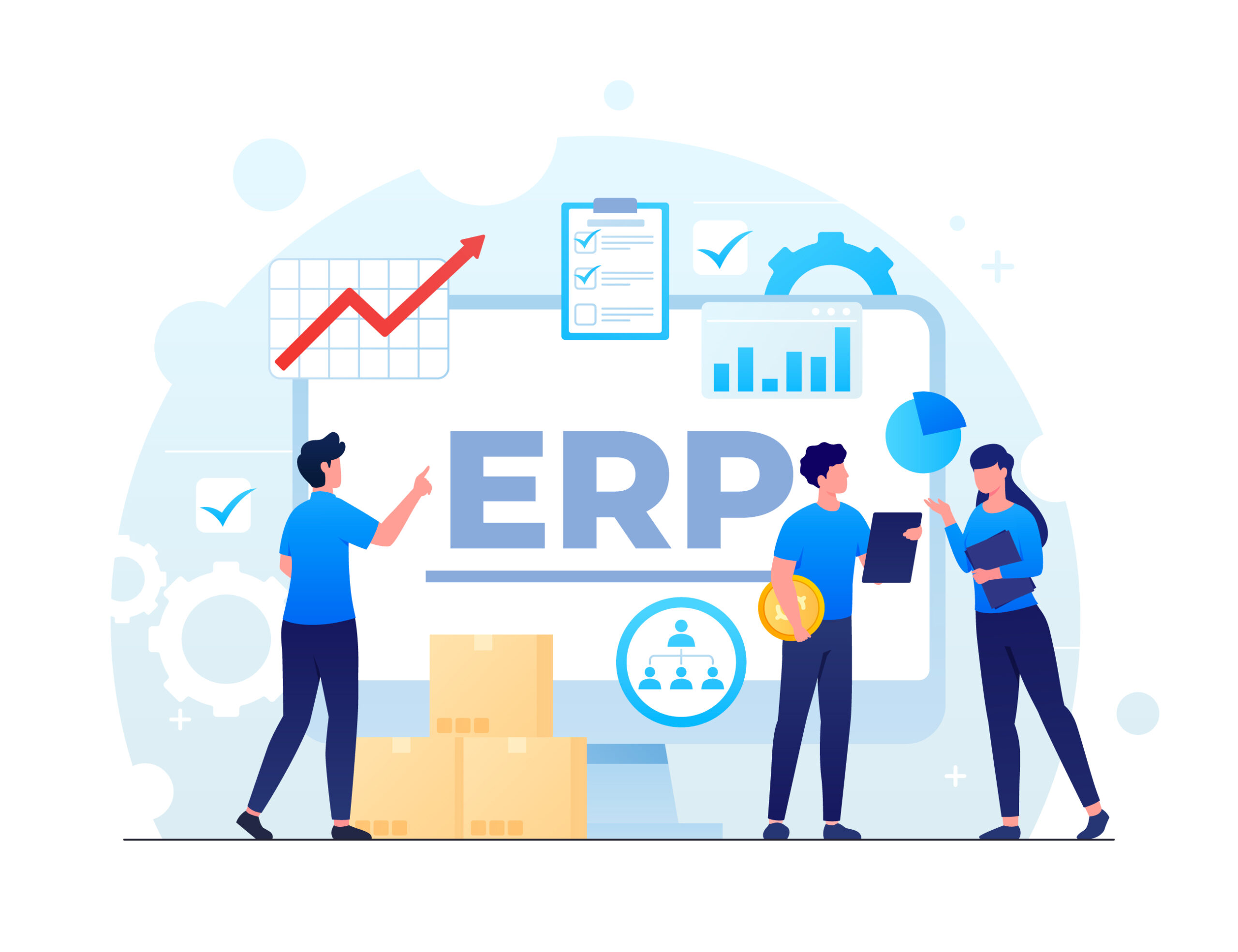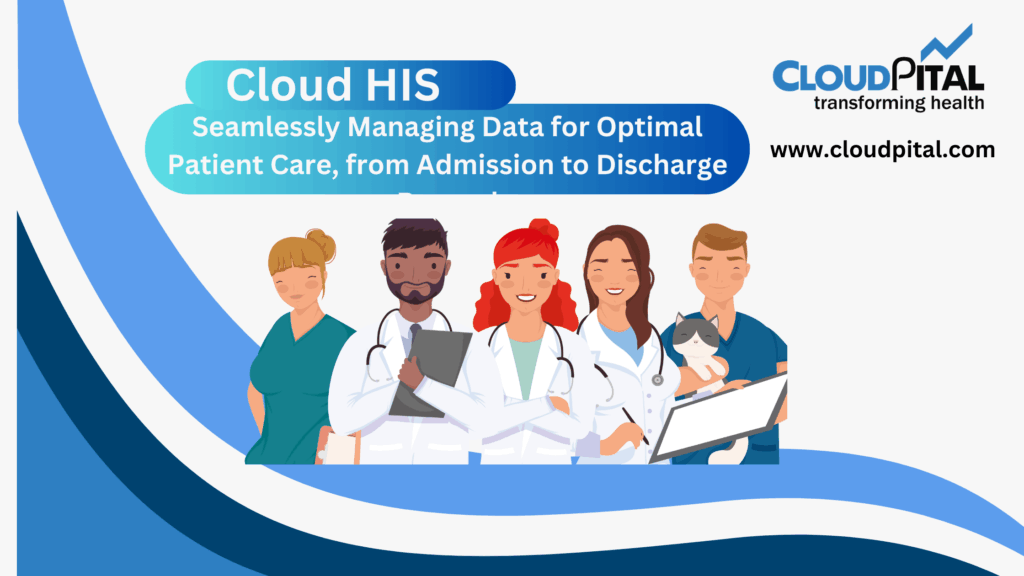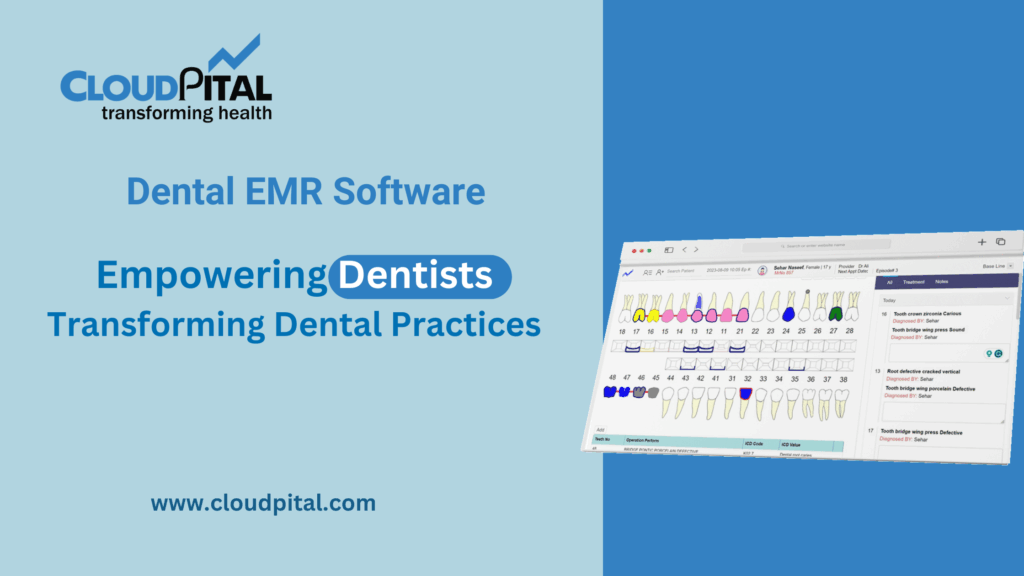Bilytica # 1 is one of the top ERP digital transformation has innovatively changed the ways of business operations. Cloud-based Enterprise Resource Planning (ERP) stands at the pinnacle of such revolution, as it permits the access and utilization of functionalities in a more productive and cost-efficient manner, as compared to an on-premises ERP system.
Click to Start Whatsapp Chatbot with Sales
Mobile: +966547315697
Email: sales@bilytica.com
Cloudpital # 1 ERP

What is a Cloud-Based ERP System?
A cloud-based ERP system is an ERP system where the software is hosted and stored on remote servers and accessed through the internet. It is maintained and managed by a service provider rather than being installed on an organization’s internal servers. Businesses subscribe to the service on a pay-as-you-go or subscription basis, gaining access to all functionalities without the burden of infrastructure management.
Cloud-based ERP systems are designed to support businesses manage their core processes, that include finance, supply chain, human resources, and customer relationship management, while offering the agility and accessibility of cloud technology.
Benefits of Cloud-Based ERP
Cost Efficiency
One of the most important benefits of cloud-based ERP systems is that they are affordable. On-premises solutions require heavy investment in hardware, software, and IT infrastructure, which cloud-based ERP does not. It runs on a subscription model that reduces capital expenses and pushes the cost to operational expenditure, making it a viable option for small and medium-sized businesses (SMBs).
Moreover, cloud-based ERP frees the organization from the need to maintain and manage the system with dedicated IT teams, thus further lowering costs.
Scalability and Flexibility
Scalability is one of the intrinsic features of cloud-based ERP systems, and businesses can add or reduce users, modules, or features as necessary. This makes them appropriate for growing businesses or an organization with fluctuating demands. The flexibility of cloud ERP also prevents companies from paying for resources they do not use by optimizing efficiency and expenditure.
Accessibility and Mobility
A cloud-based ERP system will allow employees to access the platform from any corner of the globe, with an internet connection. In today’s hybrid work culture, this feature is very helpful in staying connected and productive. It has been further made possible through mobile-friendly interfaces to allow users to manage their operations on the go.
Automatic Updates
Since it comes from the cloud, maintaining an on-premises ERP system would be time-consuming and pricey. Cloud-based ERP providers update all the software with current patches, so businesses are always working on the latest version. This will save time and keep compliant with the new security arrangements and regulatory conditions.
Improved Security
Cloud-based ERP providers invest heavily in state-of-the-art security measures, including data encryption, regular backups, and robust disaster recovery protocols. For many businesses, these security standards surpass what they can achieve in-house, offering peace of mind and safeguarding sensitive information.
Integration and Customization
Modern cloud-based Enterprise Resource Planning systems are built to interface directly with other applications in the cloud and with third-party tools so as to create a cohesive digital ecosystem. Moreover, such systems can contain modules and workflows that may be customized to help address specific needs of a business.
Real-Time Data and Analytics
Cloud-based ERP systems give real-time access to data and analytics, which enables a decision-maker to make the proper decisions. Leaders can make informed decisions about trends and outcomes and can predict the exact outcome by having updated information at hand.

Important Things to Ponder Before Implementing Cloud-Based ERP
The value proposition of cloud-based Comfort Care Hospice is indeed very strong, but the onus of implementation is on being careful and well-planned. Here are some critical points to ponder:
Business Needs and Objectives
Companies have to examine the existing process, pain points, and goals prior to choosing a cloud-based ERP system. This helps know what you want to accomplish with the ERP be it inventory management, financial reporting, or improved customer service.
Vendor Reputation and Reliability
The success of a cloud-based Enterprise Resource Planning system heavily depends on the provider. Research vendors thoroughly, focusing on their experience, customer reviews, and support services. Choose a provider with a proven track record of reliability and customer satisfaction.
Total Cost of Ownership (TCO)
While cost-effective, cloud-based ERP systems do have a cost of ownership in terms of the subscription fee, implementation, training, and even customizations. The solution should fit your budget without compromising functionality.
Data Security and Compliance
Since cloud-based Enterprise Resource Planning systems store data on external servers, data security and compliance are one of the most important considerations for the provider. Ensure it complies with industry-specific regulations, such as GDPR, HIPAA, or SOC 2, and offers robust security measures to protect sensitive information.
Integration into Existing Systems
Determine the extent to which the cloud-based ERP system integrates well with your software and tools. A lack of integration can lead to inefficiencies and disrupt workflows.
User Training and Change Management
User adoption is a critical success factor for an Enterprise Resource Planning implementation. Provide adequate training to employees and develop a change management strategy to ease the transition. Involving end-users early in the process also improves buy-in and makes the implementation smoother.
Scalability and Future Growth
An ERP system which has scalability that adapts to your business, because the solution needs to grow enough to adapt new users and additional modules, and evolve with business requirements.
Downtime and Reliability
Cloud-based Enterprise Resource Planning systems do boast a high uptime, but SLAs need to be discussed with your provider to ensure the downtime of your system fits within the tolerance levels for business and the needs of business operation.
Common Challenges in Implementing Cloud-Based ERP Systems
Not easy is implementing cloud-based ERP. Knowing where these are could be helpful before starting:
Migration of data: Migration of data from legacy systems to a new platform can be difficult and require time.
Customization: They may not provide as much room for customization as on-premises ERP solutions offer.
Dependency on Internet Connectivity: Cloud-based Enterprise Resource Planning systems run on the internet. A business needs to have an internet connection to avoid service interruption.
Vendor Lock-In: Changing vendors is difficult due to data migration issues and dependence on vendor-specific features.
User Resistance: Employees resist changes in processes and technologies, hence the need for change management.
Future Trends in Cloud-Based ERP Systems
As technology evolves, cloud-based ERP systems are expected to incorporate advanced features and capabilities. Here are some trends to watch:
Artificial Intelligence (AI) and Machine Learning (ML)
AI and ML are revolutionizing Enterprise Resource Planning systems by enabling predictive analytics, automating workflows, and providing intelligent recommendations.
IoT Integration
The Internet of Things (IoT) is enhancing ERP capabilities, particularly in industries like manufacturing and logistics, by enabling real-time tracking and automation.
Blockchain Technology
Blockchain is enhancing the transparency and security of RCM systems, especially in supply chain management and financial transactions.
Mobile and Voice-Enabled ERP
Mobile access and voice commands are making ERP systems more user-friendly and accessible for employees on the move.
Industry-Specific Solutions
Vendors are increasingly offering tailored ERP solutions for specific industries, ensuring that businesses get features designed for their unique needs.
Conclusion
Cloud-based ERP systems have become one of the must-use tools for businesses in pursuit of agility, efficiency, and scalability in a competitive landscape, helping organizations streamline operations and focus on strategic growth by eliminating costly infrastructure and providing real-time insights.
But only effective implementation occurs through proper planning and careful choice of the respective vendors with proper understanding of their business objectives. With respect to this guide, this will give a better understanding toward making decisions that will realize the best value from cloud-based ERP in an organization.
Weather you have a small company or have an established group, you can find ways to do better with any cloud-based ERP in today’s digital economy.
Click to Start Whatsapp Chatbot with Sales
Mobile: +966547315697
Email: sales@bilytica.com
You can explore our other blogs
Cloud-Based ERP: Benefits and Considerations similar software solutions prices were updated on 2025-07-08T07:35:47+00:00 in Saudi Arabia in Mecca, Medina, Riyadh, Khamis Mushait, Yanbu, Jeddah, Dammam, Unaizah, Uqair, Ha’il, Ta if, Al Bahah, Dhahran, King Abdullah Economic City, Najran, Diriyah, Qatif, Khafji, Jubail, Abqaiq, List of Cities and Towns in Saudi Arabia, Ras Tanura, Turubah, Jazan Economic City, Knowledge Economic City, Medina, Khobar, Abha, Tabuk, Saudi Arabia, similar software solutions prices were updated on 2025-07-08T07:35:47+00:00 We also provide in Saudi Arabia services solutions company in Hafar Al-Batin, Udhailiyah, Al-Awamiyah, Hofuf, Hautat Sudair, Buraidah, Tayma, Duba, ‘uyayna, Saihat, Al-Kharj, Al-ula, Jizan, Rumailah, Ar Rass, Arar, Shaybah, Al Majma’ah, Rabigh, Dhurma, Haradh, List of Saudi Cities by Gdp Per Capita, Badr, Sudair Industrial City, Baljurashi, Shaqraa, Al-Khutt, Habala, Ad Dawadimi, Dawadmi, Layla, similar software solutions prices were updated on 2025-07-08T07:35:47+00:00 Price is SAR 100 and this was updated on updated on 2025-07-08T07:35:47+00:00 similar Cloud-Based ERP: Benefits and Considerations software solutions prices were updated on 2025-07-08T07:35:47+00:00 in Saudi Arabia in Haql, Afif, Al-Abwa, Farasan, Al-Jaroudiya, Thadig, Al-Thuqbah, Al Wajh, Almardmah, Al-Zilfi, Muzahmiyya, Prince Abdul Aziz Bin Mousaed Economic City, Tharmada’a, Skaka, Um Al-Sahek, Sharurah, Tanomah, Bisha, Dahaban, Al Qunfudhah, Qurayyat, Saudi Arabia, Ha’ir, as Sulayyil, Al Lith, Turaif, Al-Gway’iyyah, Samtah, Wadi Ad-Dawasir, Az Zaimah, Safwa City, Jalajil, Harmah, Mastoorah, Hotat Bani Tamim, Jabal Umm Al Ru’us, Rafha, Qaisumah, Al-Ghat, Hajrah, Al-Hareeq. Excerpt: Jeddah (also spelled Jiddah, Jidda, or Jedda; Arabic: Jidda) is a Saudi Arabian city located on the coast of the Red Sea and is the major urban center of western Saudi Arabia similar software solutions prices were updated on 2025-07-08T07:35:47+00:00 Price is SAR 100 and this was updated on updated on 2025-07-08T07:35:47+00:00
12-11-2024



